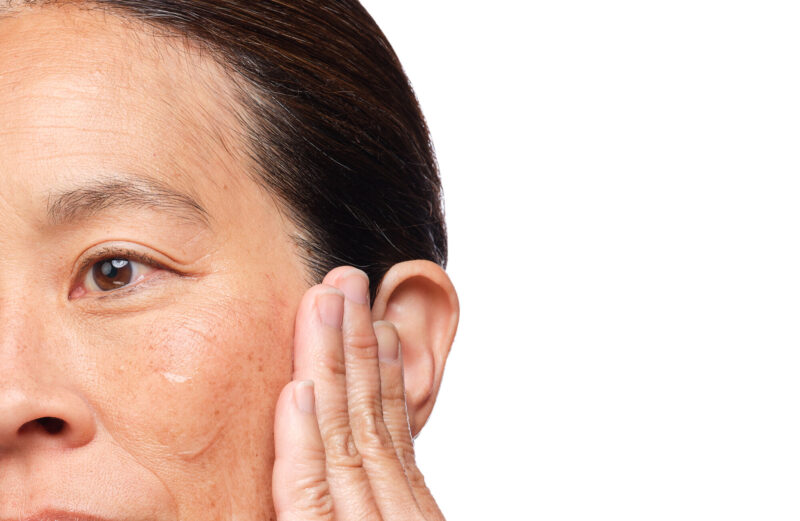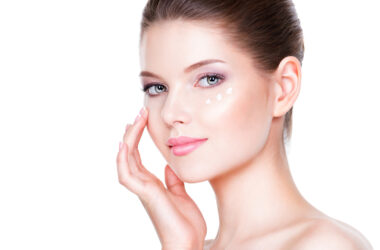Table of Contents
Discoloration of the Skin: What’s Behind the Unusual Pigmentation?
Our skin is our largest organ, and it plays a vital role in protecting our body from external factors. It is a complex structure composed of different layers, cells, and tissues, and its appearance can be affected by a wide range of internal and external factors. Discoloration of the skin, also known as hyperpigmentation, is a common condition that can occur due to various reasons. In this article, we will delve into the world of skin discoloration, exploring its causes, types, and potential treatments.
What Causes Discoloration of the Skin?
Discoloration of the skin can be caused by a variety of factors, including genetic predisposition, hormonal changes, sun exposure, skin trauma, and medical conditions. Some of the most common causes include:
-
- Hormonal fluctuations: Hormonal changes, such as those experienced during pregnancy, menopause, or thyroid disorders, can lead to skin discoloration.
-
- Sun exposure: Ultraviolet (UV) radiation from the sun or tanning beds can cause melanocytes, the cells responsible for skin pigment, to produce more melanin, resulting in darker skin patches.
-
- Skin trauma: Injury to the skin, such as burns, cuts, or surgical procedures, can cause the skin to become discolored due to the formation of scar tissue.
-
- Medical conditions: Certain medical conditions, such as birthmarks, rosacea, or melasma, can cause skin discoloration.
-
- $Genetic predisposition: Some individuals may be more prone to skin discoloration due to their genetic makeup.
Types of Skin Discoloration
There are several types of skin discoloration, including:
-
- Hypopigmentation: This is a condition in which the skin becomes lighter or paler than normal, resulting in patches or spots.
-
- Hyperpigmentation: As mentioned earlier, this is a condition in which the skin becomes darker or more tanned due to an increase in melanin production.
-
- Poikiloderma: This is a condition characterized by small, irregularly shaped patches of skin discoloration.
-
- Vitiligo: This is an autoimmune condition in which the skin loses its pigmentation, resulting in white patches or spots.
Treatment Options for Skin Discoloration
There are various treatment options available for skin discoloration, depending on the underlying cause and severity of the condition. Some of the most common treatment options include:
-
- Topical creams and ointments: Hydroquinone, retinoids, and corticosteroids can help to reduce skin discoloration by inhibiting melanin production.
-
- Laser therapy: Laser therapy can be used to reduce the appearance of hyperpigmentation by selectively targeting and destroying the damaged cells responsible for the discoloration.
-
- Cryotherapy: This involves using liquid nitrogen to freeze and destroy the damaged cells responsible for the discoloration.
-
- Chemical peels: A chemical solution is applied to the skin to remove the top layers and help reduce the appearance of discoloration.
Prevention is the Best Approach
Prevention is the best way to avoid skin discoloration. To prevent skin discoloration, it is essential to:
-
- Wear protective clothing and sunscreen when spending time outdoors to protect your skin from UV radiation.
-
- Stay hydrated by drinking plenty of water to keep your skin healthy and supple.
-
- Maintain a healthy diet rich in fruits, vegetables, and omega-3 fatty acids to support skin health.
-
- Manage stress and anxiety, as these can exacerbate skin conditions.
By understanding the causes and types of skin discoloration, and by taking preventive measures, you can help to maintain healthy and even-toned skin. If you do experience skin discoloration, there are various treatment options available to help restore your skin to its natural, healthy appearance.
Recommended Products
-
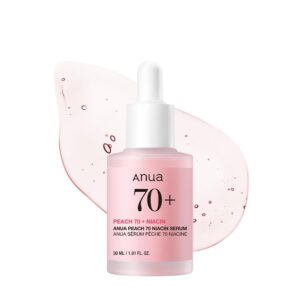 Anua Peach 70 Niacin Serum 30mlKD8.000
Anua Peach 70 Niacin Serum 30mlKD8.000 -
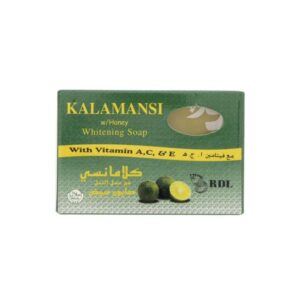 RDL Kalamansi Whitening Soap – 135gKD1.250
RDL Kalamansi Whitening Soap – 135gKD1.250 -
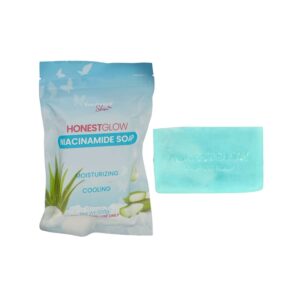 Honest Glow Niacinamide Soap by Transformed Skin 100gKD2.500
Honest Glow Niacinamide Soap by Transformed Skin 100gKD2.500 -
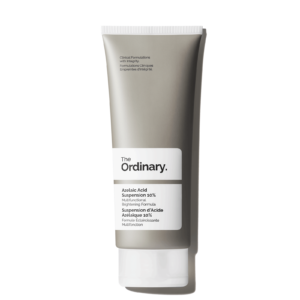 The Ordinary Azelaic Acid Suspension 10%KD6.000 – KD12.000
The Ordinary Azelaic Acid Suspension 10%KD6.000 – KD12.000 -
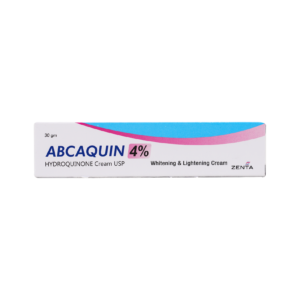 ABCAQUIN 4% Hydroquinone Whitening & lightening Cream 30gKD4.000
ABCAQUIN 4% Hydroquinone Whitening & lightening Cream 30gKD4.000 -
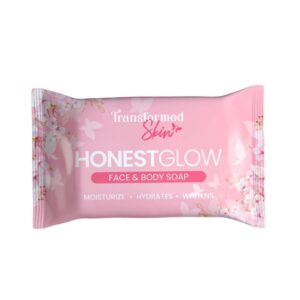 Honest Glow Glass Skin Soap – 80gKD2.500
Honest Glow Glass Skin Soap – 80gKD2.500 -
Product on sale
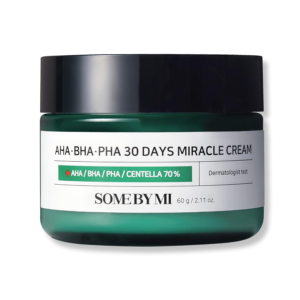 Some By Mi AHA BHA PHA 30 Days Miracle Cream – 60gOriginal price was: KD10.000.KD8.000Current price is: KD8.000.
Some By Mi AHA BHA PHA 30 Days Miracle Cream – 60gOriginal price was: KD10.000.KD8.000Current price is: KD8.000. -
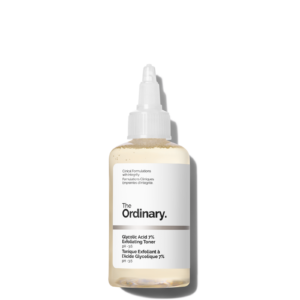 The Ordinary Glycolic Acid 7% Exfoliating TonerKD6.000 – KD9.000
The Ordinary Glycolic Acid 7% Exfoliating TonerKD6.000 – KD9.000 -
Product on sale
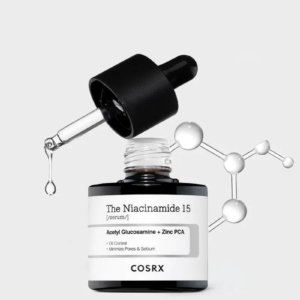 COSRX The Niacinamide 15 Serum – 20mlOriginal price was: KD11.990.KD10.000Current price is: KD10.000.
COSRX The Niacinamide 15 Serum – 20mlOriginal price was: KD11.990.KD10.000Current price is: KD10.000.


